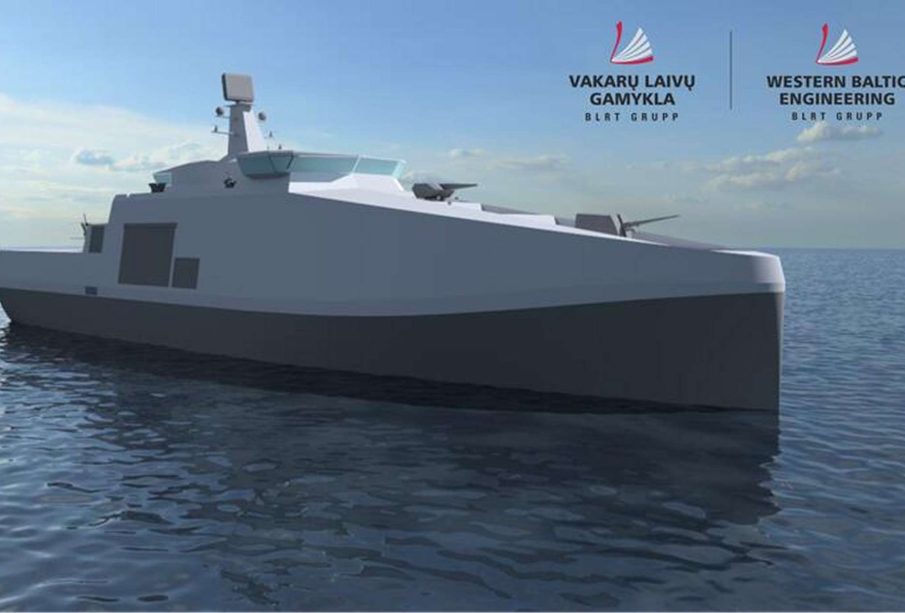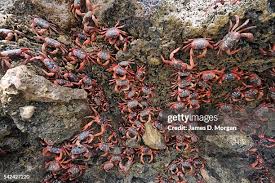Exploring Lithuania: Culture, History, and Economic Growth

Introduction
Lithuania, a gem nestled in the Baltic region of Europe, has gained increasing recognition for its rich history, vibrant culture, and significant economic growth in recent years. Situated along the shores of the Baltic Sea, Lithuania not only boasts stunning landscapes and unique architecture but also holds a strategic position within the European Union and NATO. The country’s recent developments in governance, tourism, and technology make it a noteworthy focal point in European affairs.
Current Events and Developments
In 2023, Lithuania has experienced a notable transformation in several key areas. Economically, the country’s GDP has been steadily increasing, projected to grow by 3.5% this year, amidst a recovering post-pandemic landscape. The government has focused on fostering innovation and technology, which has led to a burgeoning startup scene, particularly in Vilnius, the capital city. Local businesses, particularly in the tech sector, are receiving increased attention for their contributions to global markets, drawing foreign investments and promoting exchanges with international firms.
Moreover, in light of recent geopolitical tensions, Lithuania has taken a strong stance against adversarial actions in the region, particularly regarding its neighbours. The government has reinforced its commitments to NATO and enhanced its military capabilities in response to threats, particularly from the east. These actions reflect Lithuania’s dedication to ensuring national and regional security.
Cultural Significance
Culturally, Lithuania is immensely rich, showcasing traditions that are both unique and diverse. The country celebrates various festivals throughout the year, including Užgavėnės, a pre-Lenten festival blending ancient pagan customs with modern festivities, attracting both locals and tourists alike. Additionally, Lithuania’s commitment to languages is evident as it retains the status of having one of the oldest languages in Europe, contributing to its national identity.
The heritage of the Jewish community in Lithuania, once one of the largest in Europe, has also been an important aspect of the nation’s history. Efforts to memorialise this aspect of diversity include museums and cultural events that educate both locals and visitors about the significance of Jewish culture in Lithuania.
Conclusion
In conclusion, Lithuania is a country teeming with history, culture, and economic promise. As it navigates the complexities of European politics and strengthens its position on the global stage, Lithuania stands out not just as a Baltic state but as an emerging powerhouse. Its unique blend of tradition and modernity makes it a fascinating place to explore, and its ongoing developments are likely to attract further interest from international communities, investors, and tourists. Looking ahead, Lithuania’s continuous growth and commitment to cultural preservation will be crucial in shaping its identity and role within Europe.









